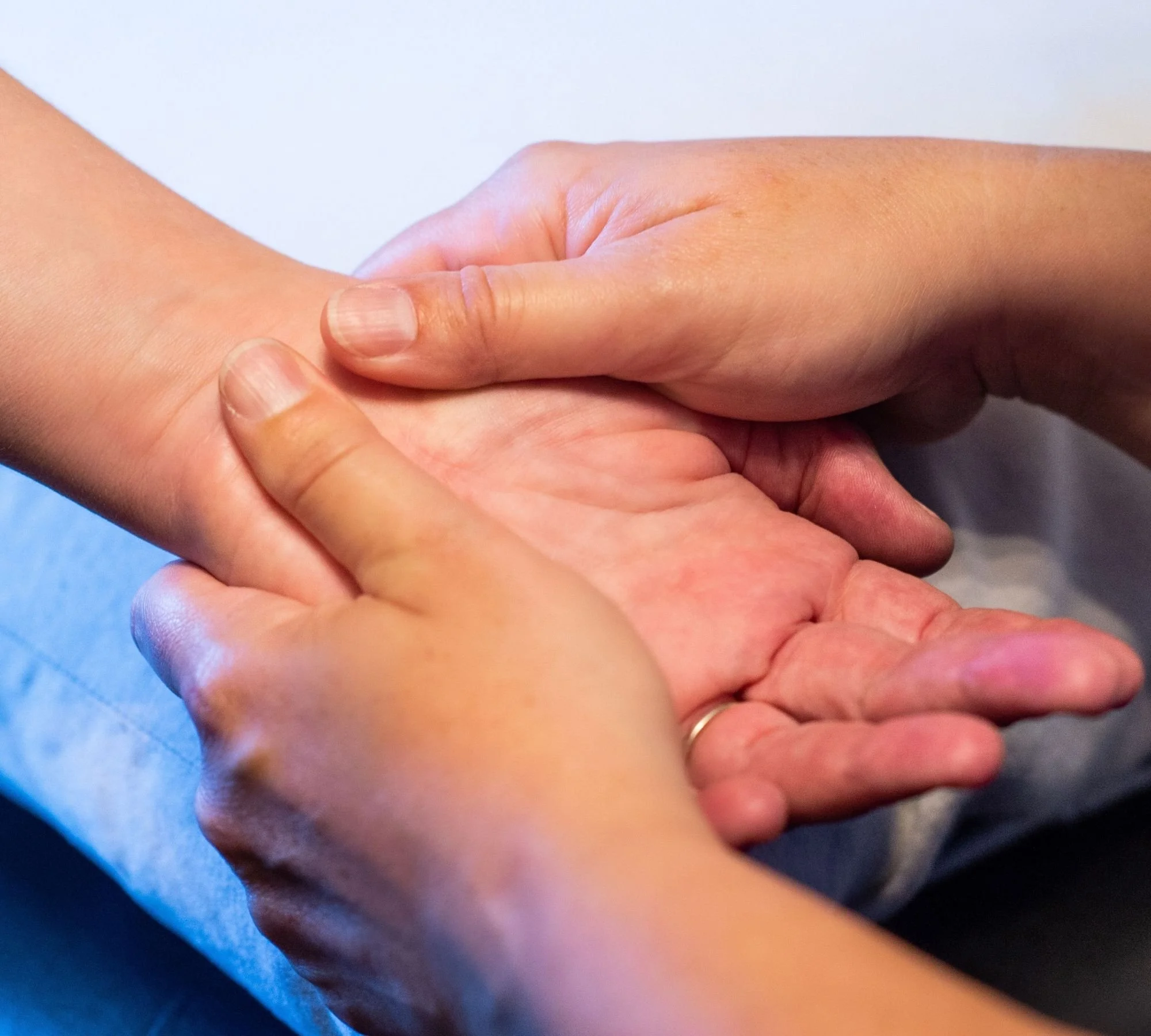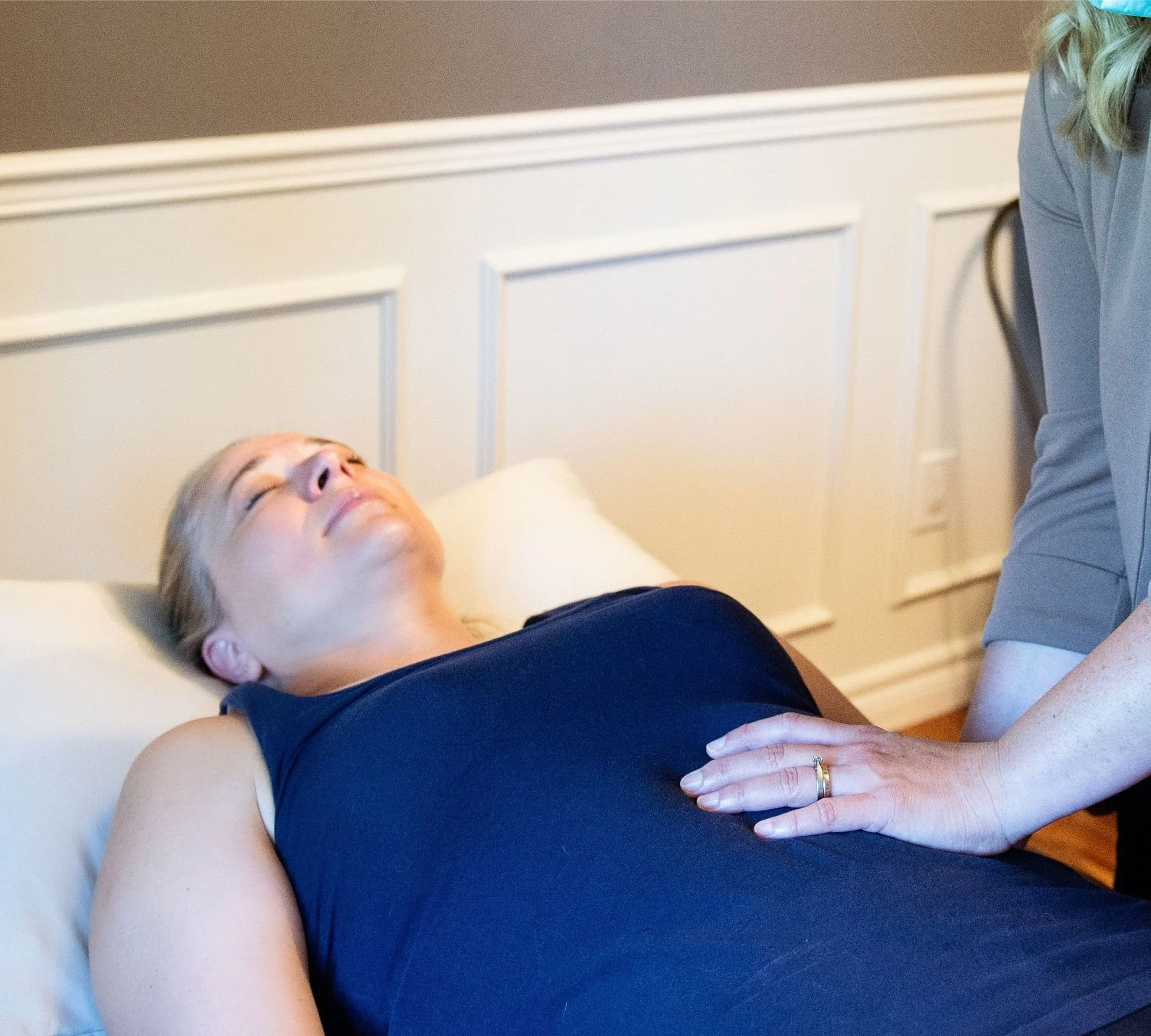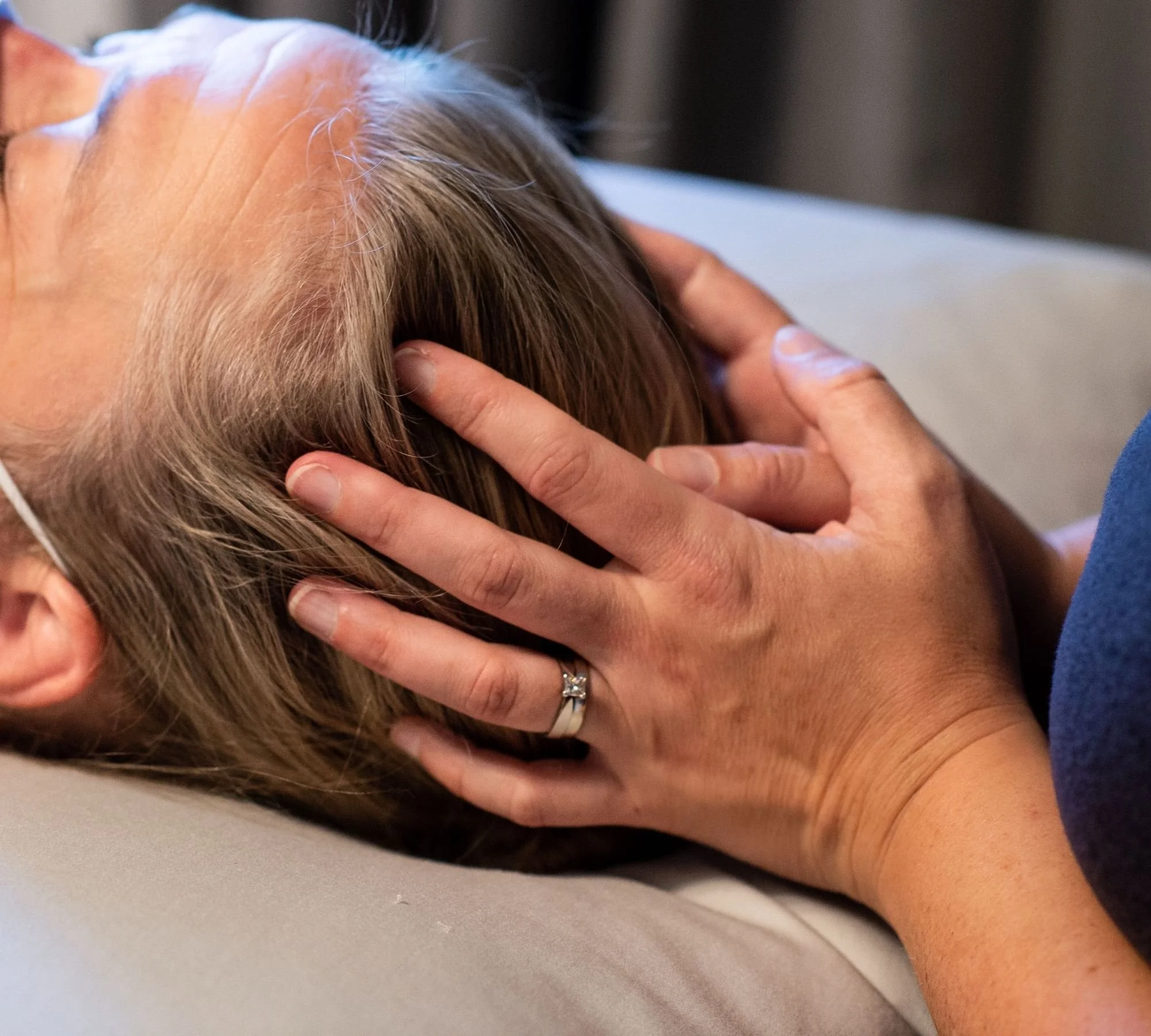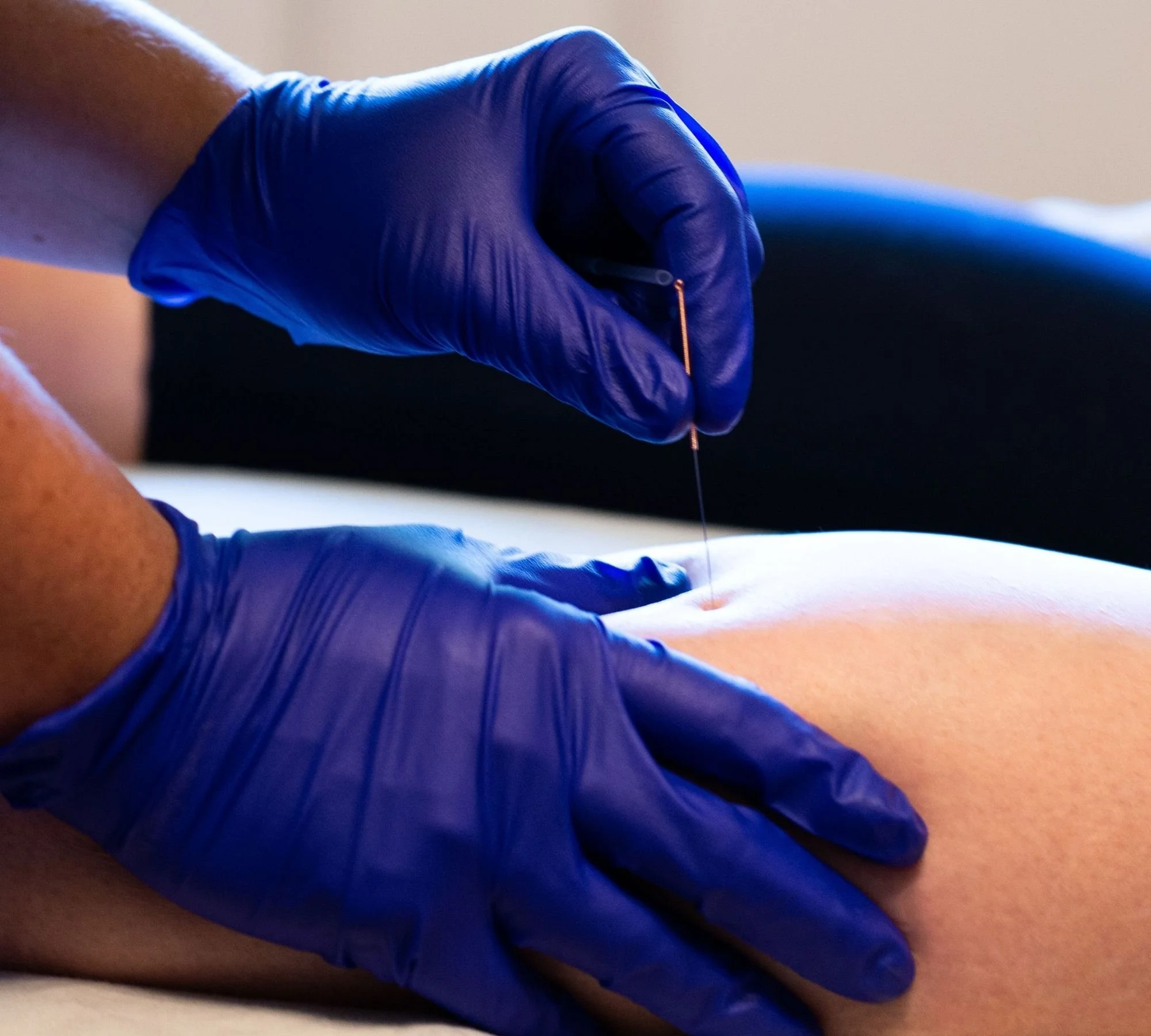
At Collins Physio, our mission is simple: to provide individualized physiotherapy in a private, supportive atmosphere.
Each session is tailored to your needs, with a focus on long-term recovery and overall well-being.
Craniosacral Therapy
Craniosacral therapy is a gentle, hands-on technique that works with the natural rhythm of the cerebrospinal fluid surrounding your brain and spinal cord. Using light touch at key points along the head, spine, and sacrum, this therapy helps release deep restrictions that can contribute to pain, tension, and dysfunction.
By supporting your nervous system’s ability to self-regulate, craniosacral therapy encourages relaxation, decreases stress, and promotes whole-body wellness. It can be especially effective for headaches, concussion symptoms, neck and back pain, and chronic fatigue.
Manual Therapy
Manual therapy includes a range of skilled, hands-on techniques designed to restore proper joint and soft-tissue function. These techniques—such as joint mobilization, myofascial release, and stretching—improve alignment, relieve muscle tension, and enhance flexibility.
Whether you’re recovering from an orthopedic injury, surgery, or chronic stiffness, manual therapy helps your body move more freely and comfortably, improving overall biomechanics and reducing strain on surrounding structures.
Visceral Manipulation
Visceral manipulation focuses on the gentle mobilization of your body’s internal organs and the connective tissue that surrounds them. When these tissues become restricted—due to injury, surgery, inflammation, or posture—they can affect how other systems move and function.
Through precise, subtle movements, visceral manipulation restores mobility to the organs and their supporting structures, improving circulation, digestion, and alignment. Patients often find relief from back or pelvic pain, digestive discomfort, and scar-related tension.
Neural Manipulation
Neural manipulation addresses the health and movement of your body’s nerves. When a nerve is compressed, stretched, or irritated, it can create pain, numbness, or limited mobility far from its source.
By identifying and releasing these restrictions, neural manipulation helps improve nerve communication, reduce pain, and restore natural motion. This approach is particularly beneficial for conditions such as sciatica, carpal tunnel syndrome, and nerve pain following surgery or injury.
Acupuncture
Acupuncture involves inserting very fine, sterile needles into specific points on the body to stimulate natural healing responses. This process triggers the release of endorphins and other hormones that relieve pain, calm the nervous system, and promote relaxation.
At Collins Physio, acupuncture is often integrated into broader physiotherapy treatment plans to address both acute injuries and long-standing pain. Many patients also notice improved sleep, reduced stress, and a greater sense of balance following treatment.
Dry Needling
Functional dry needling targets “trigger points”—tight, tender spots within muscles that can cause pain, weakness, or restricted movement. Using fine needles, these trigger points are gently released, allowing the muscle to reset and return to normal function.
Dry needling can produce rapid improvements in mobility and pain reduction, particularly for those with sports injuries, repetitive strain conditions, or chronic tension in the neck, shoulders, or back.
Education/Exercise
Knowledge and movement are key to lasting recovery. Each patient receives clear explanations about their condition, guidance for daily management, and a tailored exercise plan that supports strength, flexibility, and overall wellness.
Our goal is to empower you to take an active role in your healing—so you can feel confident maintaining progress long after your appointments.
Conditions We Treat
Arthritis and orthopedic injuries
Chronic pain conditions
Headaches and concussions
Post-surgical recovery
Sports injuries and TMJ Pain
Repetitive-strain injuries and tendonitis
Neck, shoulder and low-back pain
and many other musculoskeletal and nerve-related conditions.
Your First Visit
Initial Assessment (1 hour)
Includes a detailed health history, physical assessment, and personalized treatment plan.
What to Bring
Any imaging reports you may have related to your injury (X-ray, CT, MRI).
What to Wear
Comfortable, loose-fitting clothing (sleeveless top for shoulder issues; shorts for knee or ankle concerns).








